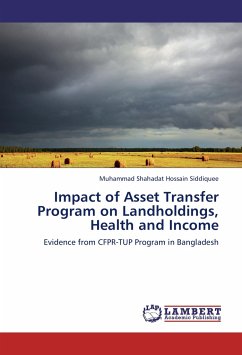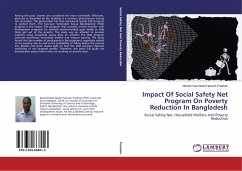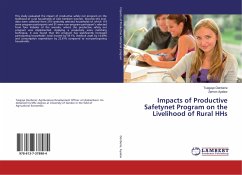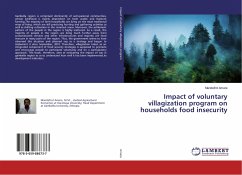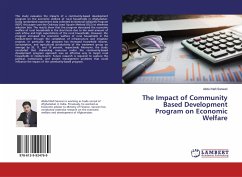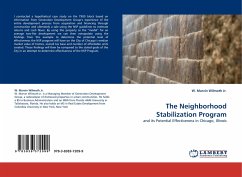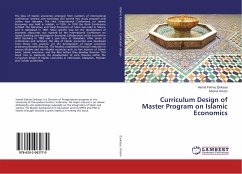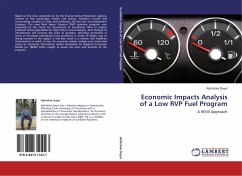Recently, impact assessment has received increasing attention in policy making in both developed and developing country contexts as it helps to answer key questions for evidence-based policy making: what works, what doesn t, where, why and how much? It is an important component of evaluation tools and integral to efforts to improve the effectiveness of the asset transfer program like BRAC s Challenging the Frontiers of Poverty Reduction-Targeting the Ultra Poor (CFPR-TUP) program in improving the living standards of the most shock-prone and disadvantaged segment of the population, the vulnerable ultra poor in Bangladesh and thus playing a crucial role in the study of development economics. Previous studies have demonstrated the CFPR impact but not much is known about the channels that link the program inputs and the poverty impact. Existing studies have so far also neglected the long-term impact of the CFPR on landholdings, health and distribution of income of the ultra poor households in rural Bangladesh in detail. This paper addresses these two gaps, which would be important in policy implications for re-shaping the existing policies and interventions.
Hinweis: Dieser Artikel kann nur an eine deutsche Lieferadresse ausgeliefert werden.
Hinweis: Dieser Artikel kann nur an eine deutsche Lieferadresse ausgeliefert werden.

